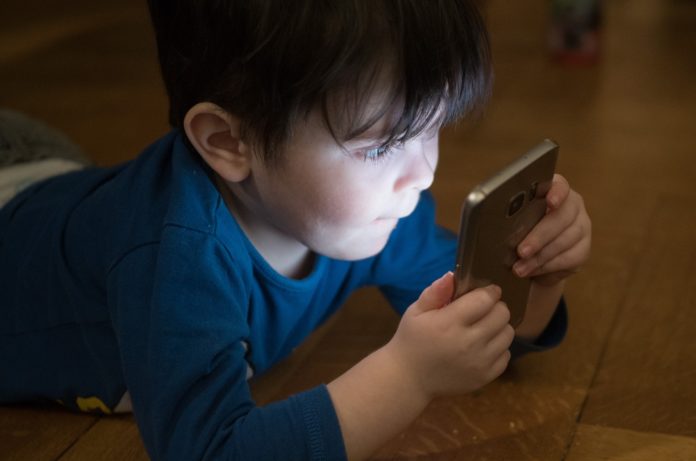More than half of parents of sleep-deprived teens blame late night use of electronics
A survey by university of Michigan found that 43 percent of parents of teens having trouble falling asleep or staying asleep blamed social media and cell phone use.
A quarter of these parents say their child experiences occasional sleep problems (one to two nights per week) while 18 percent believe their teen struggles with sleep three or more nights per week. Other reasons cited by parents of teens include irregular sleep schedules due to homework or activities (43 percent), worries about school (31 percent), concerns about social life (23 percent) and related to medical condition (10 percent).
The household survey on Children’s Health by C.S. Mott Children’s Hospital, Michigan, included responses from 1,018 parents with at least one child between 13-18 years of age.
“This poll suggests that sleep problems are common among teens and parents believe late-night use of electronics are a main contributor”
“This poll suggests that sleep problems are common among teens and parents believe late-night use of electronics are a main contributor,” says poll co-director Sarah Clark, M.P.H.
She added: “Teens’ hectic schedules and homework load, as well as anxiety about school performance and peer relationships, also are seen by parents as contributing to sleep problems.”
40% percent of parents of teens with frequent sleep problems, and 22 percent of parents of teens with occasional sleep problems, say they have talked to a doctor about sleep struggles. Parents who have consulted doctors say the top recommendations from experts included turning off electronics and cell phones at bedtime (72 percent), adhering to a regular sleep schedule (64 percent), limiting caffeine (47 percent), and taking natural remedies (42 percent). 28 percent of parents of teens say their teen has tried some type of medication to address sleep problems.
Clark added, “Inadequate or disrupted sleep can have long-lasting health effects that go beyond moodiness and irritability for teens. Sleep-deprived teens may have difficulty concentrating in school and inadequate sleep has also been linked to health problems ranging from obesity to depression.”


